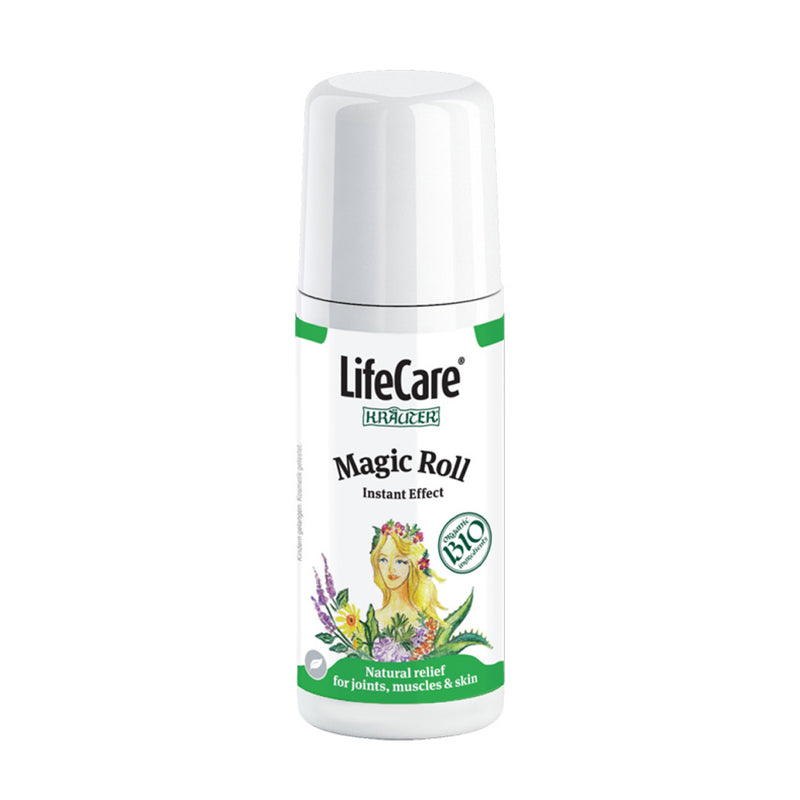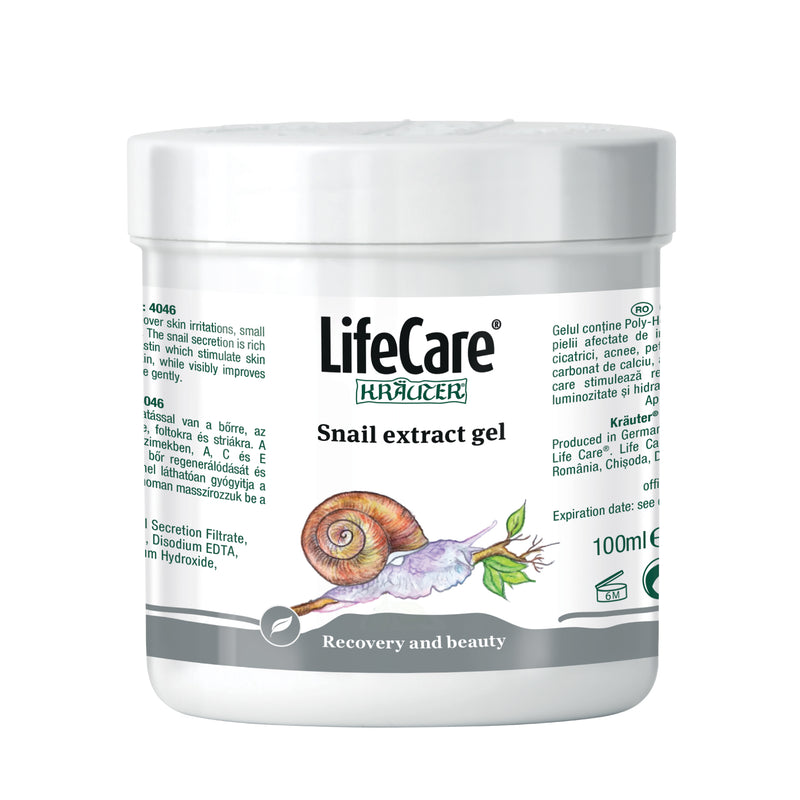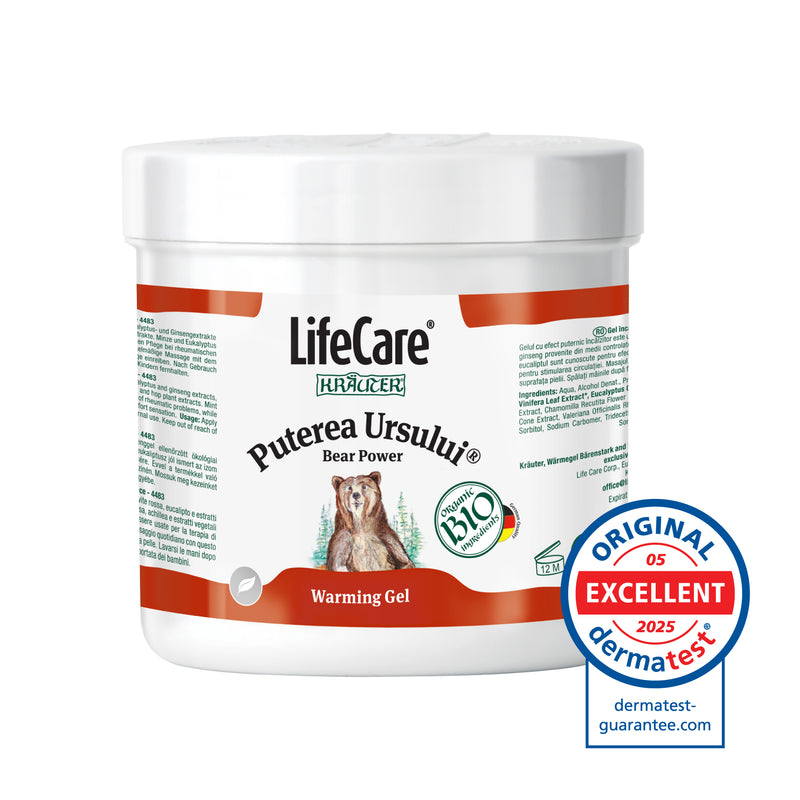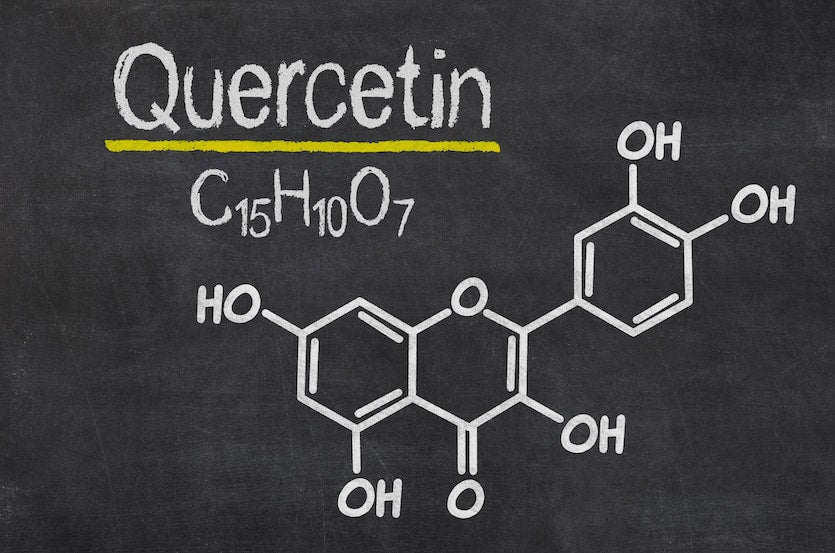Currently, the attention of the whole world is directed to maintaining a strong immunity and a balance in terms of health.
In order to maintain the health of the immune system and a good functionality of the body, it is essential to be informed and assumed, using all the natural resources that Life CARE® provides us. Quercetin will be one of these resources in the fight with microbes.
What is Quercetina?
Quercetine, a vegetable pigment, is a powerful antioxidant flavonoid and more precisely a flavonol, found in onion, grapes, berries, cherries, broccoli and citrus fruits.
It is a versatile antioxidant known to possess protection against tissue lesions induced by different allergies, infections or drug toxicities.
Antioxidants, including flavonoids, are substances that can protect the cells from unstable molecules, such as free radicals. Previous studies have shown that ingestion of flavonoids reduces the risk of cardiovascular disease, metabolic disorders, Alzheimer's, Parkinson's and certain types of cancer.
In addition, antioxidants such as quercetin relieve the angry symptoms of cold and flu and even prevent it.
These effects are due to the physiological activity of flavonoids in reducing oxidative stress, inhibiting oxidation of low density lipoproteins and platelet aggregation, acting as vasodilators.
Flavonoids have existed for over a billion years and possess a broad spectrum of biological activities that could influence processes so unpredictable in a disease. When we think of Quercetin, we must also think about "increased immunity".
What does quercetina contain?
Quercetina is a natural anti-oxidant and anti-inflammatory polyphenolic compound, which is found in different natural sources, being red onion in our product, more precisely in plant pigments, also called phytonutrients.
Our body cannot produce quercetin, which is why we must supplement diet and/or dietary supplements.
Rich sources of quercetina are: red onion, berries, apples, tomatoes, broccoli, black tea, even gingko biloba.
Studies on Quercetina
Quercetina has been shown to have the ability to act as zinc ionopher. Therefore, quercetin may have antiviral activity against many RNA viruses, including Covid-19 virus.
An international study involving the CNR Institute of Nanotechnology found how Quercetina acts as a specific inhibitor for the virus responsible for Covid-19, showing a destabilizing effect on 3CLPRO, one of the key proteins for replicating the virus.
The study is published in the International Journal of Biological Macromolecules. In this context it is shown that the quercetin molecule works as a specific inhibitor for SARS-COV-2, influencing specific enzymes giving it a lethal effect on the virus.
These properties are the basis of the beneficial potential for general health and resistance to diseases, including anti-cancer, anti-inflammatory, antiviral, antidiabetic, antioxidant and psycho-stimulating activities, as well as the ability to inhibit lipid peroxidation, platelet aggregation and capillary permeability.
In a similar study on a group of cyclists, after three days of heavy workouts, through a two-week supplement with quercetin + omega-3 fatty acids, inflammatory biomarkers were reduced as opposed to the group only simple quercitin.
Also, quercetin ingestion with antioxidants such as vitamin C can improve its bioavailability, and association with NADH (coenzyme Q1) allows the use of quercitin in higher doses and to maintain a strong immune system.
Several studies that have used different experimental models have also demonstrated the positive effect of quercetine in improving insulin sensitivity of skeletal muscles by increased glucose absorption and reducing oxidative stress or inflammation-induced deterioration, with alpha tumor necrosis (TNF-α), AKT, AKT receiver, Gamma coactivator 1-alpha (PGC-1α) and AMPK as the main paths involved in the process.
The therapeutic potential of quercetine extends to its preventive effect against ischemic-reperfusive lesions, as well as to strengthen muscle fibers by modulating calcium homeostasis and improving intracellular antioxidants.
Overall, the data studied demonstrate that quercetin positively influences the metabolism of glucose in the liver and skeletal muscles and, therefore, seem to be a promising therapeutic candidate for the treatment of type 2 diabetes.
Allergic disorders (skin, food and respiratory allergies) have a rapid growth worldwide in the last three decades. Therefore, there is a request for new sources of anti -allergic bioactive compounds. Nowadays, the greatest attention has focused on flavonoids, especially Quercetine.
What does quercetina mean and how does it act for the health of the body?
Quercetina presents therapeutic properties that have been proven by many in vivo and in vitro. The mechanism of antiallergic action of quercetin by inhibiting inflammatory enzymes and mediators has also been studied at large.
It is well known that quercetina is an inhibitor of human mast cell activation by inhibiting Ca2 +influx, histamine, leukotriene and release of prostaglandins. This review also summarizes the role of quercetin in connection with allergic respiratory diseases (in vitro, animals and epidemiological) and food allergies.
The results of the studies prove a unique position of quercetine in the treatment of allergic disorders and the possibility of phytochemical use such as quercetin for effective healing.
Mode of use and contraindications
Now that we answered the question: "What is Quercetina?", We need to know how to consume it. Although quercitin is considered safe and is well tolerated by the body, if used in doses greater than 1000 mg per day, over a period of more than 10-15 days, nausea may occur or a feeling of tingling in the hands and feet.
Periodic breaks should be taken from the administration of Quercetine. A recommended daily concentration is quercetin 500 mg.
Pregnant women, women who are breastfeeding and people with kidney disease should avoid quercetina. At doses greater than 1 g per day, kidney lesions have been reported.
Discover Quercetin Plus Vitamin C, 500 mg, Life Care® - a 100% natural dietary supplement. It contains 500 mg quercetine extracted from the red onion peel, and together with vitamin C makes the ideal combination for a strong immune system.
Quercetin Plus Vitamin C, 500 mg, Life Care® maintains the normal functioning of the immune system and energy metabolism, can reduce the body's sensitivity symptoms and protect the body from oxidative stress and free radicals.
In conclusion, any infection escaped from control reflects, in one form or another, a crisis of life, a major area of sentimental life suppressed and repressed.
The crisis, however, carries in it the seeds of a new life, of a Renaissance, of a jump of consciousness and especially of conscious, a renunciation of old, a new level of serenity, peace, unity and immunity in the face of death (but also of life).
Article written by Adina Cîrjan - therapist biofeedback & healthy lifestyle trainer





